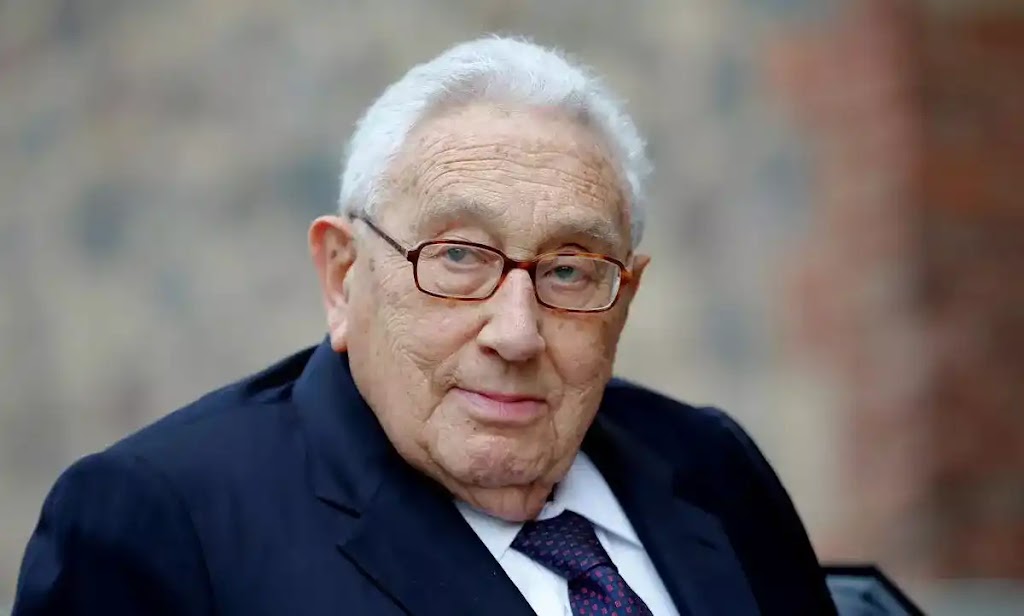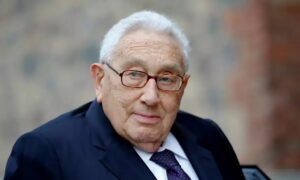Henry Kissinger, the former secretary of state who oversaw foreign policy as the US withdrew from Vietnam and broke down barriers with China, passed away on Wednesday, according to his consulting firm. Kissinger was a diplomat with thick glasses and a gravelly voice. He was one hundred years old.
Under Presidents Richard Nixon and Gerald Ford, Kissinger’s tough yet powerful demeanour and cunning use of power behind closed doors allowed him to have a unique impact on world affairs, earning him both criticism and the Nobel Peace Prize. Even after many years, his name continued to spark passionate discussions about historical developments in foreign policy.
During the turmoil surrounding Watergate, Kissinger’s influence increased as the politically astute diplomat took on a role akin to vice president to Nixon on the weekends.
Regarding his growing power, Kissinger subsequently wrote, “No doubt my vanity was piqued.” “But the dominant emotion was a premonition of catastrophe” A Jew who left Nazi Germany with his family when he was a teenager, Kissinger went on to build a solid reputation as a respected statesman in his later years by giving speeches, counseling both Democrats and Republicans and running a multinational consulting firm.
He made several appearances at the White House of President Donald Trump. However, as Nixon-era tapes and documents gradually came to light over time, many of the revelations—many of which Kissinger himself stated—presented him in an unfavourable light. Never without his critics, Kissingers faced relentless criticism after leaving the government, with some arguing that he ought to answer for his support of oppressive regimes in Latin America and his policies in Southeast Asia.
He pursued diplomatic relations between the US and China through covert means, bringing an end to decades of mutual animosity and isolation.
See also: The Pogues’ lead singer Shane MacGowan passed away at age 65
Javier Milei: An outsider from Argentina’s far right wins the presidency


